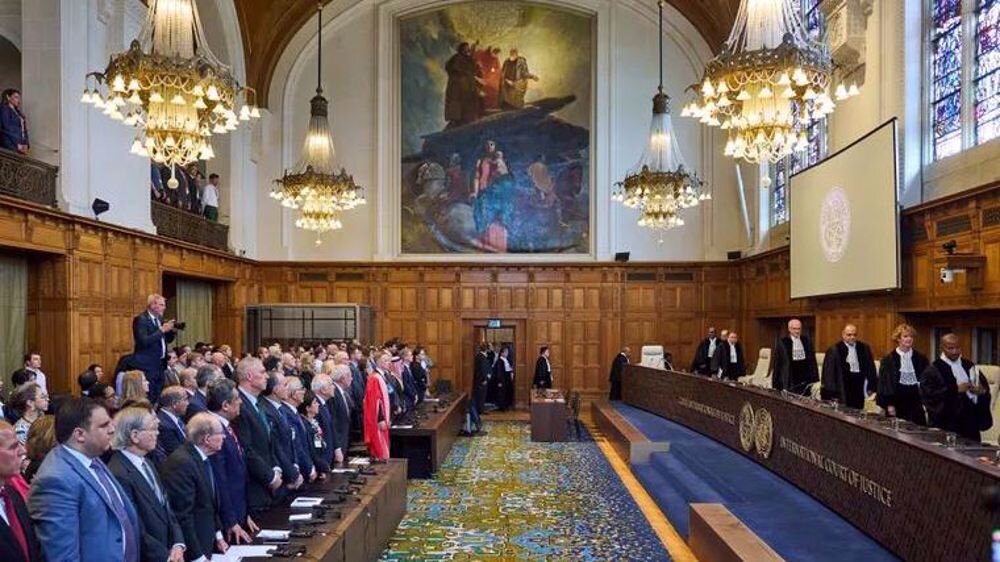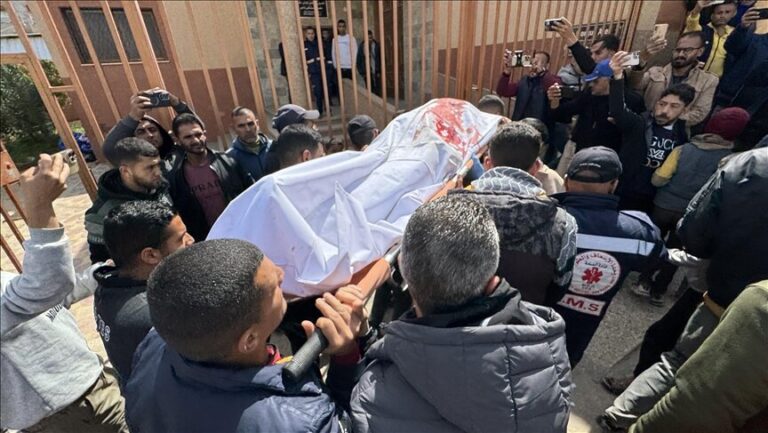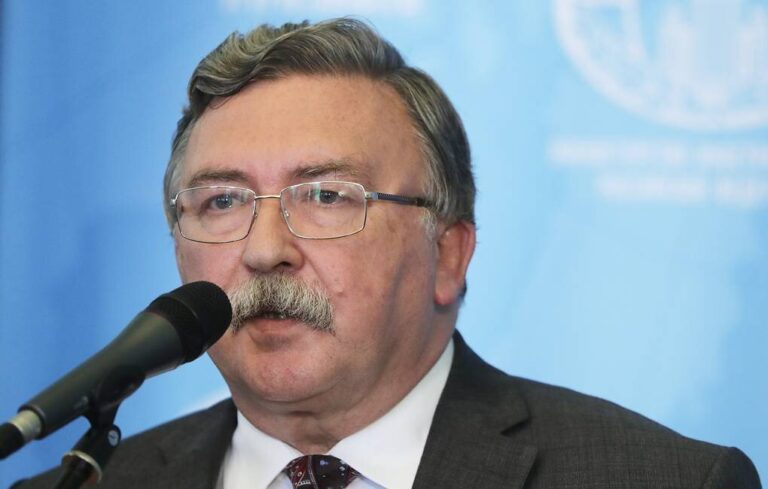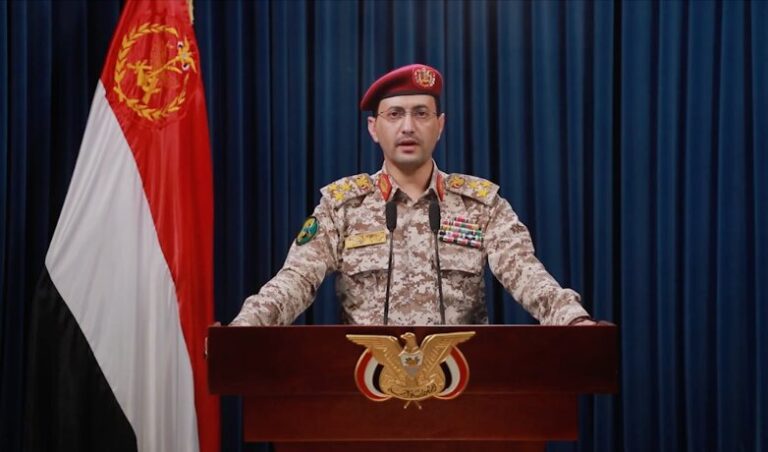Belize Joins Forces with South Africa at ICJ to Challenge Israel
On January 30, 2025, Belize officially sought to intervene in a significant legal case regarding the Application of the Convention on the Prevention and Punishment of the Crime of Genocide in the Gaza Strip. This request was made in accordance with Articles 62 and 63 of the Statute and was filed with the Registry of the Court, as reported by Anadolu Agency.
The backdrop to Belize’s intervention stems from a series of legal proceedings initiated by South Africa in December 2023. South Africa accused Israel of violating the Genocide Convention concerning the Palestinian population in the Gaza Strip. This pivotal case has attracted the attention of numerous nations, leading to several countries joining South Africa’s claims. These countries include:
- Nicaragua
- Colombia
- Cuba
- Libya
- Mexico
- Palestine
- Spain
- Turkey
The situation in Gaza has escalated dramatically since October 7, 2023, when the Israeli military operations intensified. Reports indicate that the ongoing conflict has resulted in the deaths of more than 47,400 Palestinians, a tragic statistic that underscores the severe impact on vulnerable populations, particularly women and children. Furthermore, over 111,000 individuals have sustained injuries amidst the violence.
The humanitarian crisis in Gaza has reached alarming proportions, with more than 11,000 people reported missing. The extensive destruction caused by the Israeli military actions has led to one of the most devastating humanitarian disasters in recent history. This crisis has particularly affected elderly individuals and children, who have been disproportionately impacted by the violence.
In response to the escalating situation, the International Criminal Court (ICC) issued arrest warrants in November 2023 for two high-ranking Israeli officials: Prime Minister Benjamin Netanyahu and former War Minister Yoav Gallant. Both are accused of committing war crimes and crimes against humanity in the context of the ongoing conflict in Gaza.
As the legal proceedings unfold, the implications of the case could be far-reaching, potentially influencing international relations and humanitarian efforts. The involvement of multiple countries signifies a growing consensus on the need to address the humanitarian crisis and hold accountable those responsible for violations of international law.
The escalating number of nations joining the case against Israel reflects a significant shift in international sentiment regarding the situation in Gaza. The legal arguments presented by these countries may hinge on the interpretation of the Genocide Convention and the responsibilities of states to protect populations at risk.
In light of these developments, the international community is closely monitoring the situation. The court’s decision on Belize’s application to intervene could set a precedent for other nations seeking to address similar issues globally. The ramifications of this case could resonate beyond the immediate conflict, as it raises fundamental questions about accountability, justice, and the protection of human rights.
As the legal landscape evolves, the plight of Palestinians in Gaza remains a critical concern. Efforts by various countries to intervene highlight the urgency of addressing humanitarian needs and ensuring that those affected by the violence receive the necessary support and protection.
In summary, the recent application by Belize to intervene in the case concerning genocide allegations against Israel illustrates the growing international response to the humanitarian crisis in Gaza. With multiple countries now involved in the proceedings, the global community is more engaged than ever in seeking justice and accountability for the violations occurring in this troubled region.
As this situation continues to develop, it serves as a poignant reminder of the need for concerted international action to address humanitarian crises and uphold the principles of justice and human rights.






